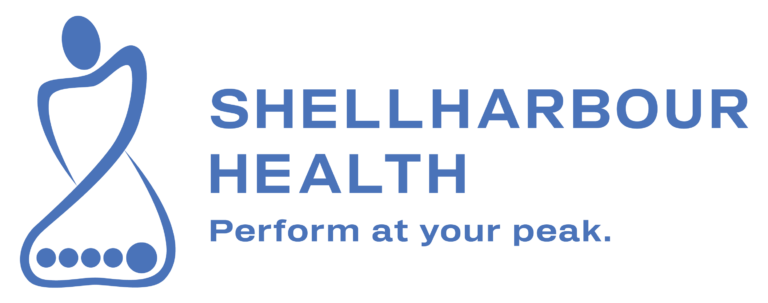Following on from Part 1 we explore the impact of micronutrients on osteoarthritis.
VITAMINS
Another form of supplementation used for OA includes antioxidant vitamins A, C and E. Vitamins A,
C and E whilst reducing oxidative stress have no known link to improving OA outcomes. While
evidence is of poor quality and lacking to promote any link, including antioxidants as part of a
balanced diet can help to reduce inflammation in the body, which can contribute to prevention and
management of OA. Further, wholefood consumption of antioxidants is preferred over
supplementation.
- Vitamin A
Vitamin A functions to maintain cartilage and skeletal formation. Vitamin A is found in animal
products including fish oil, egg yolks and dairy and from orange, red and yellow vegetables such as
carrots and pumpkins.
- Vitamin C
Vitamin C is needed for healthy collagen and connective tissues within the body. Good sources of
Vitamin C in the diet include citrus fruits such as oranges as well as capsicums, tomatoes, melons,
berries and kiwifruit.
- Vitamin E
Vitamin E functions to prevent connective tissue degeneration. Vitamin E is found in a number of
vegetable oils including canola, sunflower, safflower and soybean oils as well as almonds, peanuts
and peanut butter, spinach and broccoli.
- Vitamin D
Vitamin D is a steroid hormone that improves mineral homeostasis and bone metabolism. It has a
significant role to play in bone health and is currently understood to: –
- Improve muscle strength
- Improve the bodies response to the OA pathophysiological response at consistent serum
levels (>50-75nmol) – Zheng et al 2015 (Post Hoc analysis)
Deficiencies may have a long-term effect in accelerating OA. Therefore, recommendations for OA
patients include: –
- Consumption of Vit D rich foods which include oily fish, egg yolk, fortified cow’s milk and
dairy products and fortified cereals. - Get 10-20 mins sun exposure /summer day (subject to skin type, latitude and time of day) or
supplement 10-20ug/day - Maintain a healthy BMI to reduce adipose tissue sequestration.
- Vitamin K
Vitamin K, a group of fat-soluble compounds known for their role in blood coagulation, may have a
link to OA according to some longitudinal data. Insufficient Vitamin K can reduce the functioning of
proteins in the body that impact cartilage and bone formation, which for example, may lead to
abnormal cartilage and bone repair, contributing to OA. Higher intake of Vitamin K is associated with
lower prevalence, incidence and progression of OA. Sources of vitamin K in the diet include leafy
greens such as kale, spinach, parsley and broccoli and should be abundant in the OA sufferers’ diet
and consumed with healthy fats such as olive oil to help boost bioavailability.
MINERALS
- Calcium
Calcium is an essential mineral responsible for building and maintaining healthy bones. While
calcium intake is not associated with the onset of OA, consuming adequate calcium can help to
maintain bone health and integrity. Calcium can be found in milk and dairy products, canned
sardines and salmon with bones, dark green leafy vegetables such as kale and broccoli and calcium
fortified products such as tofu and soy milk.
References available on request
Our Dietitians and Physiotherapists are available Monday to Saturday and can provide tailored advice to optimize your health.



